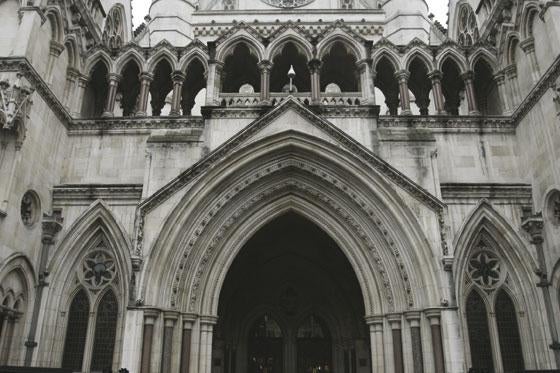
United States lawmakers have passed legislation countering the threat to freedom of speech posed by ‘libel tourists’ who use the UK’s tough libel laws to take action over articles primarily published in the US.
The SPEECH Act – Securing the Protection of our Enduring and Established Constitutional Heritage Act – has been approved by the House of Representatives and will now be signed into law by President Obama in the next 30 days.
UK pressure group Index on Censorship said the SPEECH Act should provide more impetus for proposals to reform UK libel laws.
The Government has said it plans to publish proposals for a Libel Reform Bill in March next year.
Chief executive of Index, John Kampfner, said: ‘This law should present a clear message to the UK coalition Government. When Britain’s closest ally feels the need to create new laws to protect itself from the High Court in London, it’s clear the status quo cannot continue.
‘The Government should deliver radical proposals for reform of English libel law in the draft bill promised for early 2011.”
English PEN is also calling for libel reform. Director of that group Jonathan Heawood said: ‘The effect of libel tourism is not just the books pulped, but it also has a chilling effect on the work of charities, writers and activists across the globe.”
The US law will stop the practice whereby libel litigants sue in the High Court in London over stories published in the US taking advantage of the fact that there may have been a small circulation of the story in the UK, either online or in print.
Congressman Steve Cohen, a Democrat, said of the House of Representatives decision: “Libel tourism threatens to undermine the principles of free speech because foreign courts often don’t place as difficult a burden on plaintiffs in libel cases. I believe our First Amendment rights to be among the most sacred principles laid out in the Constitution. It is vital we ensure that these rights are never undermined by foreign judgments.”
The SPEECH Act will enable US courts to refuse to enforce any libel case judgments unless they decide that the free speech protections given in the foreign courts match those given in the US – which means judgments in the High Court will be unenforceable.
One of the major differences between US and English libel law is the burden of proof. In the US claimants have to show that material published about them is false – while under English law the burden of proof is on the publisher.
It is also more difficult for public figures to sue in US courts. They have to show malicious intent or recklessness.
Email pged@pressgazette.co.uk to point out mistakes, provide story tips or send in a letter for publication on our "Letters Page" blog
